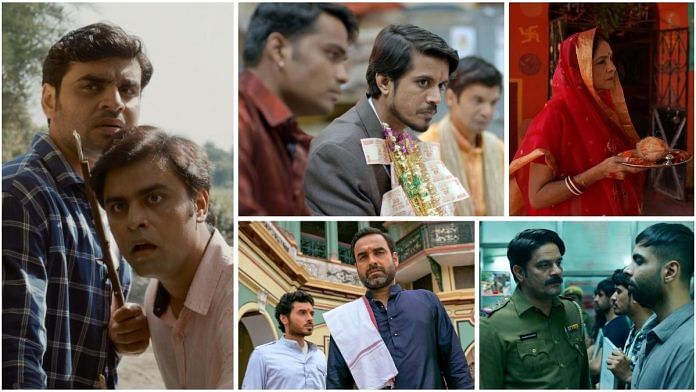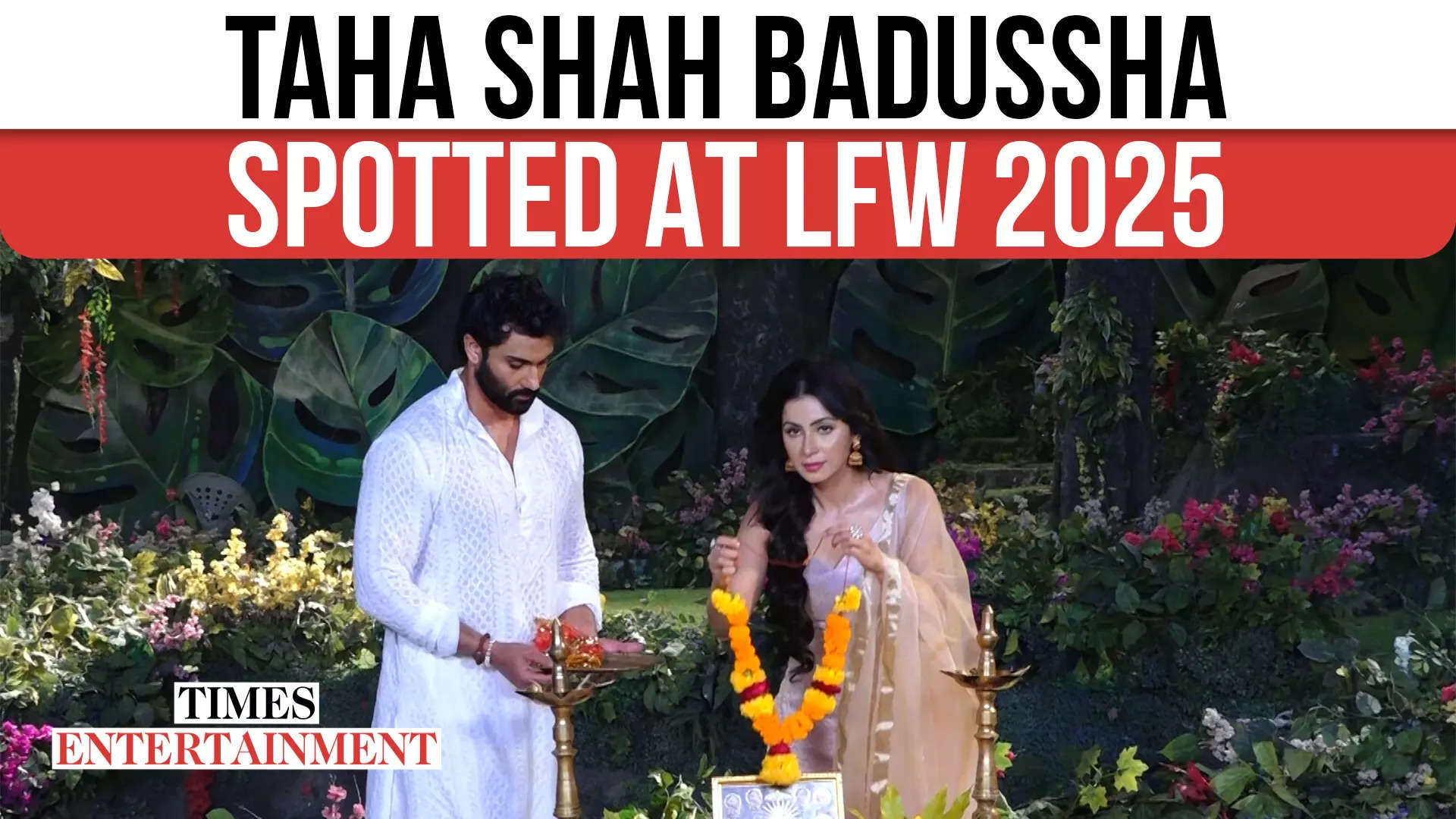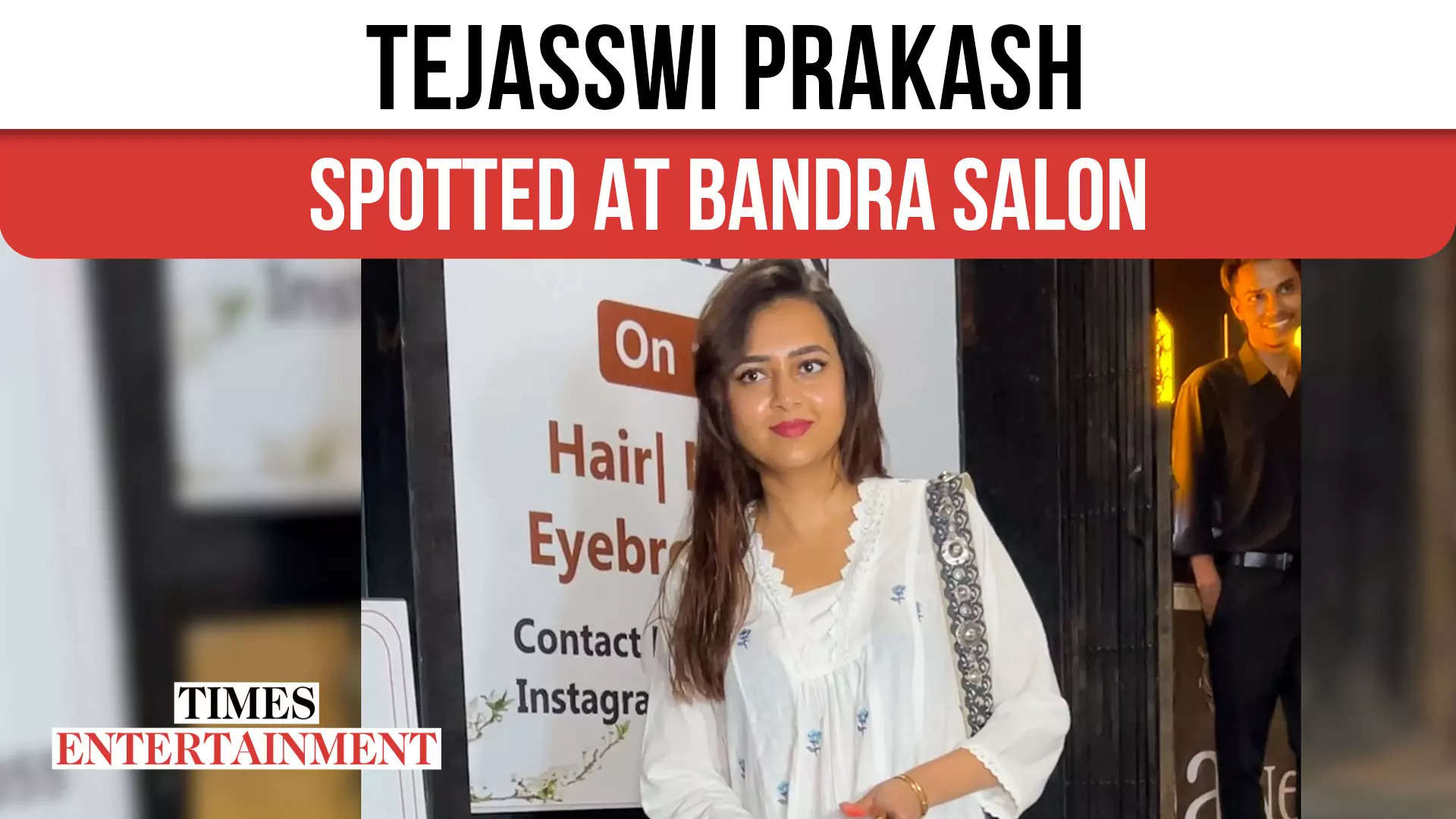New Delhi: In one of the scenes of OTT smash hit Scam 1992 , actor Pratik Gandhi, who plays notorious stockbroker Harshad Mehta, said “ locha lafda aur jalebi fafda – ise Gujarati ki life se koi nikal nahi skta” . In another scene, when one of Mehta’s friend cautioned him about the risks associated with the stock market, he promptly replied, “ Risk hai to ishq hai .” Now reel is becoming real.
Indians have found amusing ways to express themselves borrowing from the OTTverse. But what has also entered the lexicon is can full of expletives that’s changing the language itself. With the stock market in tailspin after Mehta’s manipulation, a broker losing money couldn’t contain his hate for Mehta and said “ Ye Harshad Mehta Beh***** hai kaun?” This was 2020.

In the past four years, OTT has increasingly taken storytelling to small towns and even villages and streamed expletives and slurs into the Hindi speakers’ language flow. The OTT language has ensured virality and audience engagement but has got Hindi purists and government in a tizzy. Small towns are a sexy discovery for OTT.
They bring local language and a cocktail of hyperlocal idioms, words, dialects and of course a volley of slurs. OTT is blending realism with regional dialects. Platforms like Netflix, Amazon Prime Video brought a new wave of diversity as seen in shows such as Sacred Games , Mirzapur , Paatal Lok, Kota Factory and Panchayat where the local flavors prevailed.
What began as Hindi-Hary.

























